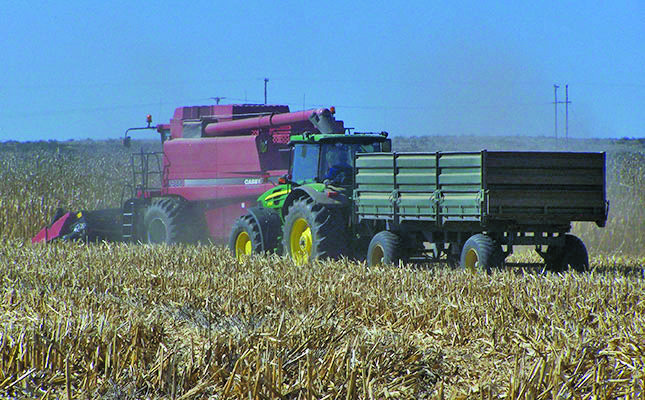
The subdued trend of the Agbiz/IDC ACI in the second quarter (Q2) of 2023 could be ascribed to, among others, deepened geopolitical tensions, unacceptable draft water regulations, and a lack of municipal service delivery, according to Agbiz chief economist Wandile Sihlobo.
“The ACI level in the first two quarters of this year is the lowest since Q2 2020, following the COVID-19 lockdown. The second-quarter reading marks the third consecutive month below the neutral 50-point level,” he said.
The survey showed, among others, that the turnover subindex fell five points from Q1 2023 to 64 points, while the net operating income subindex fell by six points to 61. This meant that profitability was likely to “be squeezed amongst farming business enterprises, as commodity prices have declined notably in recent months”.
The market share of the agribusiness subindex declined by a point from Q1 2023 to 57 in Q2 2023, the capital investments subindex fell four points to 55, the volume of exports sentiment subindex declined by three points to 60, and the general economic conditions subindex fell a point to 10. This was the lowest level since Q2 2020.
The employment subindex remained flat from Q1 2023 to Q 2023 at 48. Still, this was below the 50-point neutral mark and signalled concern about employment conditions in the sector, especially as the general business conditions remained constrained.
Agricultural economist Dr Johan Willemse said a decline in employment opportunities in the agriculture sector would have a severe impact on rural economies, as the sector was one of the biggest employers in the country and by far the largest employer in rural areas.
According to Sihlobo, the general agricultural conditions subindex rose 17 points from Q1 2023 to 48 in Q2 2023, while the subindices of the debtor provision for bad debt fell three points to 33. This was favourable and signalled better financial conditions on the back of a large summer crop, he said.










